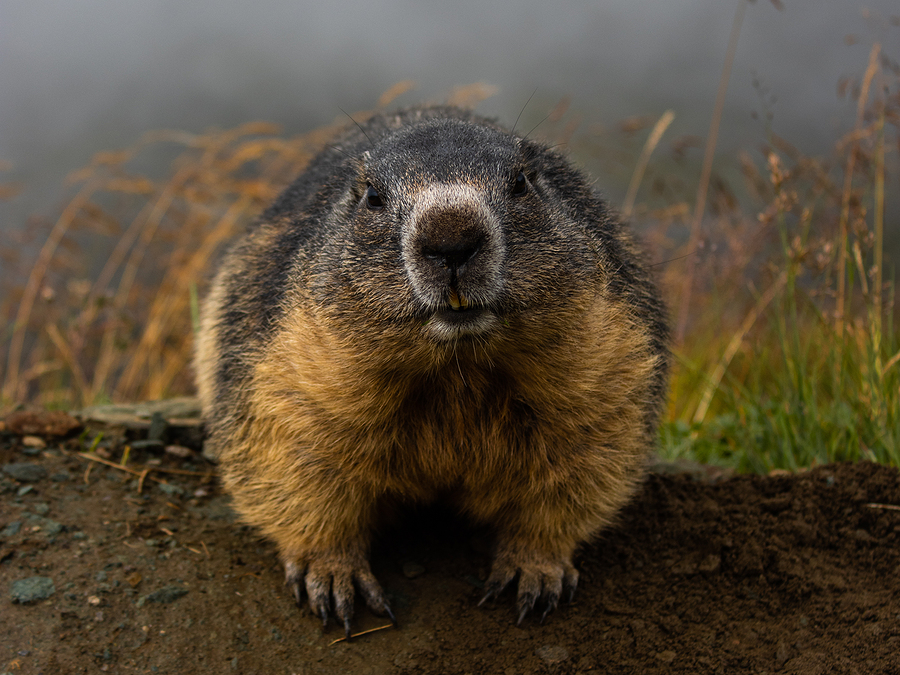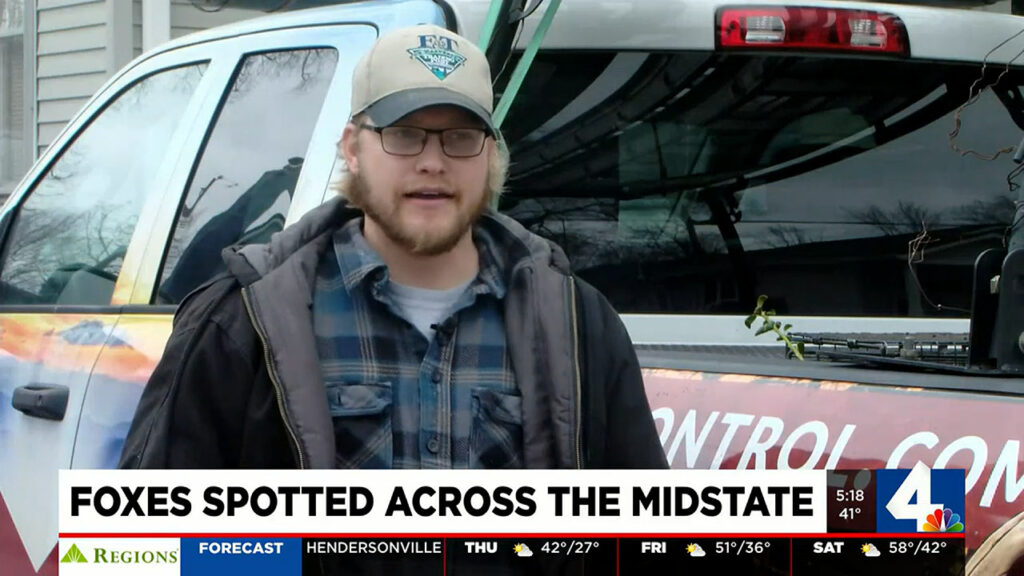Groundhogs, also known as woodchucks or whistle-pigs, are cute and fuzzy animals that can wreak havoc on your property. From destroying gardens to burrowing under homes and decks, groundhogs can cause extensive damage if left unchecked. If you’re dealing with a groundhog problem on your property, it’s important to take steps to humanely remove the animal(s). In this blog post we’ll discuss the best ways of doing so. We’ll cover topics such as identifying groundhog activity in your yard, preventing it from occurring again in the future, and how to safely trap and relocate any existing groundhogs.
By following these steps, you can protect both yourself and these wild animals living near you!

Create a Groundhog Control Plan
The first step to humanely removing groundhogs from your property is to take measures to prevent them from entering in the first place. Groundhogs are drawn to yards that provide food and shelter, so it’s important to keep landscaping trimmed, remove any potential nesting sites, and limit access to food sources such as pet food or bird seed. Additionally, if you have a wooded area near your home, clear away brush piles and use fencing around the perimeter of your yard so groundhogs can’t make their way onto your property.
Groundhog Trapping and Removal
If you already have a groundhog on your property, it’s essential to humanely trap it before attempting removal. You can do this by using a live groundhog trap, however it’s important to remember that trapping should only be done if all other options have failed. Trapping is a stressful experience for groundhogs, so you must make sure to set the traps up correctly and check them regularly in order to minimize any suffering. Once you’ve successfully trapped a groundhog, it can then be humanely relocated far away from your property.
Safe and Humane Groundhog Removal and Control is Key
Groundhog removal can seem like an overwhelming task – but with the right knowledge and tools, it doesn’t have to be! Embracing these steps not only safeguards you, but also the wildlife inhabiting your community! If done correctly, trapping and relocation can be an effective way of removing groundhogs from your property.
We hope this blog post has been helpful and given you the confidence to take charge of your groundhog issue. For more information on humanely removing groundhogs, don’t hesitate to contact Smoky Wildlife Control today. We provide free estimates and advice.
Related Posts:
Did Punxsutawney Phil See His Shadow on Groundhog’s Day?
How to Get Rid of Woodchucks Without Harming Them
10 Reasons Why Professional Beaver Control is Necessary for Homeowners

